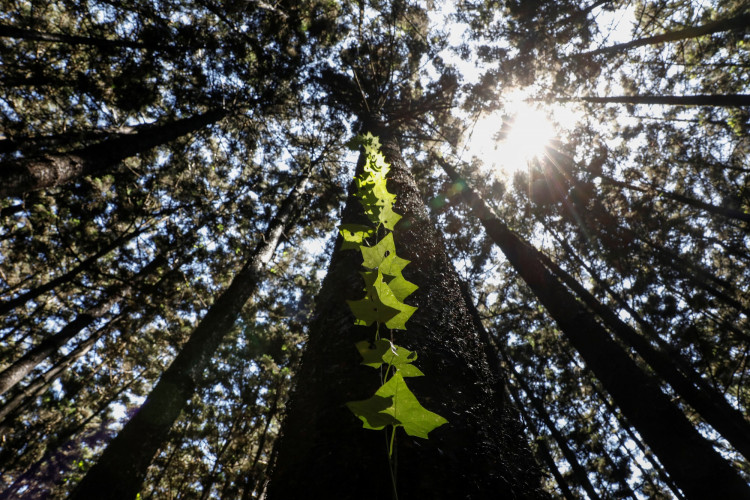Scientists at the Royal Botanic Gardens in the UK have chosen to name a newly discovered tree after actor and environmentalist Leonardo DiCaprio. The researchers honored Dicaprio's efforts to save the rainforest by naming the new species of tree found in the Cameroon forest, Uvariopsis Dicaprio.
Lead botanist, Martin Cheek, said they found it fitting to name the newly discovered tree after the actor, given his years of ecological endeavors to save the environment. He added that Dicaprio's work was crucial in helping stop illegal logging in the Ebo forest in Cameroon.
Apart from leading them to discover the tree, Dicaprio's efforts to stop logging in the Cameroon forest also helped to slow down climate change by decreasing the amount of carbon dioxide in the atmosphere. The newly discovered tree, which grows yellow flowers, was the first tree species to be named this year.
The "dicaprio" tree is a tiny, tropical evergreen with yellow blossoms springing from its trunk. It is the first tree specifies formally identified by Kew researchers this year. It's a member of the ylang-ylang plant family, and it's already on the endangered species list.
Researchers have a tough time appraising a species' risk of extinction before it has a formal name, making species conservation impossible. Kew scientists and partners have named over 200 plans and fungi throughout the world, and many of those new species are extinct or vulnerable because of climate change.
Logging companies were set to cut down trees in a large portion of the Ebo forest despite protests from conservationists and climate groups. In 2020, Dicaprio launched a campaign to help protect the forest, which is home to the tribal Banen people and thousands of animal and plant species.
Dicaprio used his influence and celebrity status to convince people to take action to help save the forest. He managed to get hundreds of thousands of his followers on social media to sign an online petition.
His petition was then used by international groups, who had written a letter to the Cameroonian government. The letter outlined the importance of protecting the forest and its hundreds of endangered animal and plant species.
The Cameroonian government eventually agreed to revoke all logging plans in the forest and is now considering naming it a national park.
Researchers said the recent discoveries should serve as a reminder to the public that there are still thousands of plant species and millions of fungal species that have yet to be discovered. Some of these species could prove to be invaluable to humans, but it is now becoming more difficult to find them as their habitats are being destroyed.





